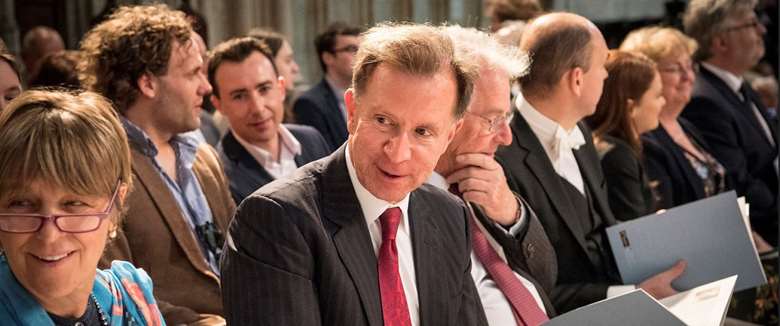Genesis Foundation: Giving to the arts
John Studzinski
Friday, May 14, 2021
Philanthropist John Studzinski explains his motivation behind setting up the Genesis Foundation, which provides training and mentoring opportunities for young people in the arts


Register now to continue reading
Don’t miss out on our dedicated coverage of the classical music world. Register today to enjoy the following benefits:
- Unlimited access to news pages
- Free weekly email newsletter
- Free access to two subscriber-only articles per month
